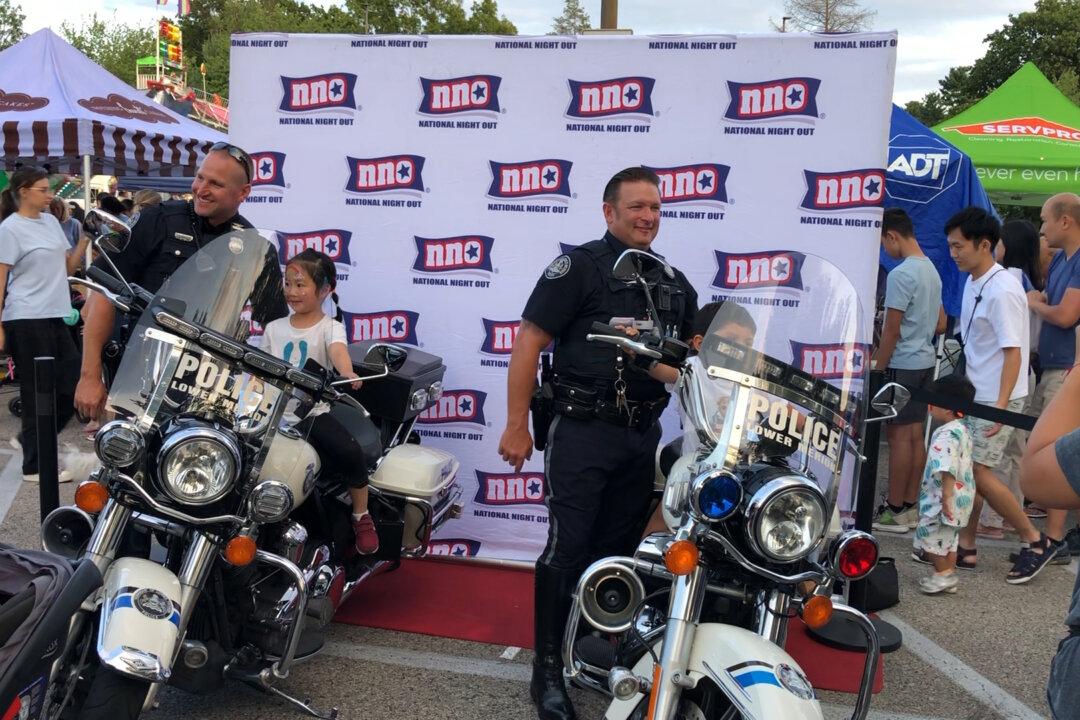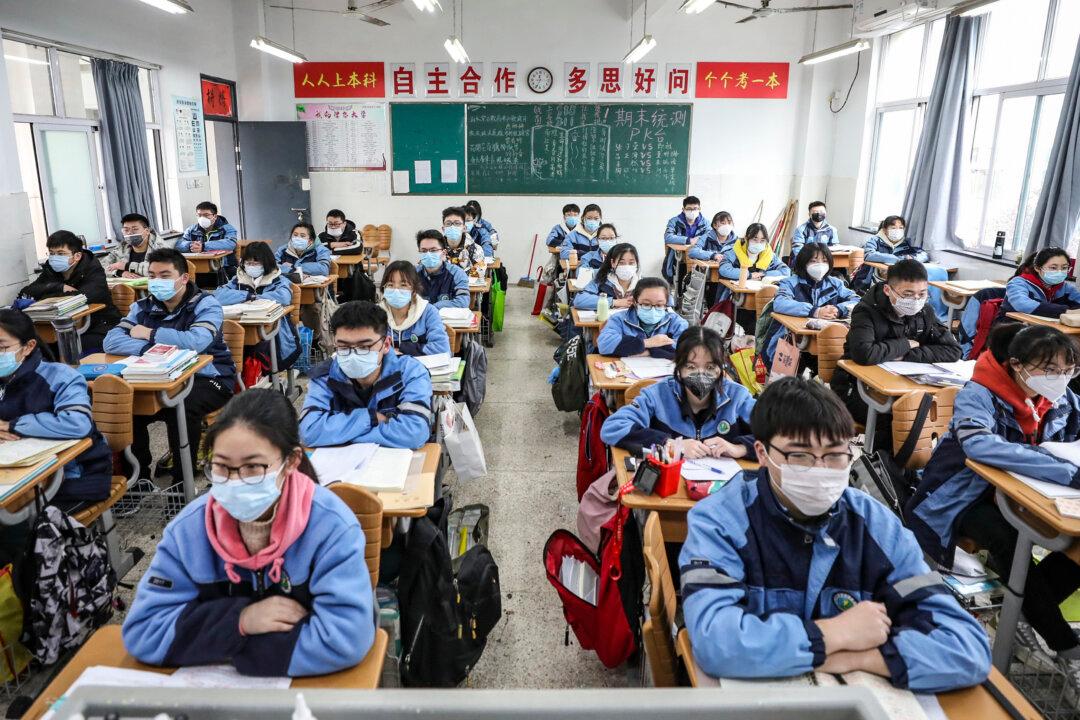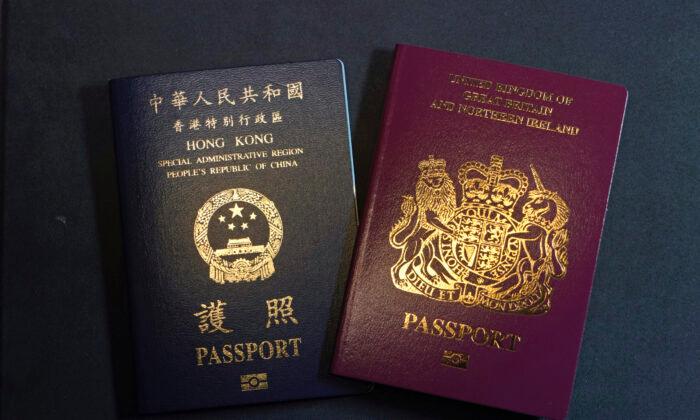Organizational psychologist and YouTube content creator Dr. Karlyn Borysenko suggested that the vast majority of Americans who are divided by politics should find common ground and unite.
“Donald Trump was successful because he rallied a movement of people who felt like they were forgotten Americans. Well, guess what? There’s like the exact same set of people on the left who feel the same way. So why can’t we come together on the things we agree upon,” Dr. Borysenko told Jan Jekielek, host of The Epoch Times’ American Thought Leaders program.




